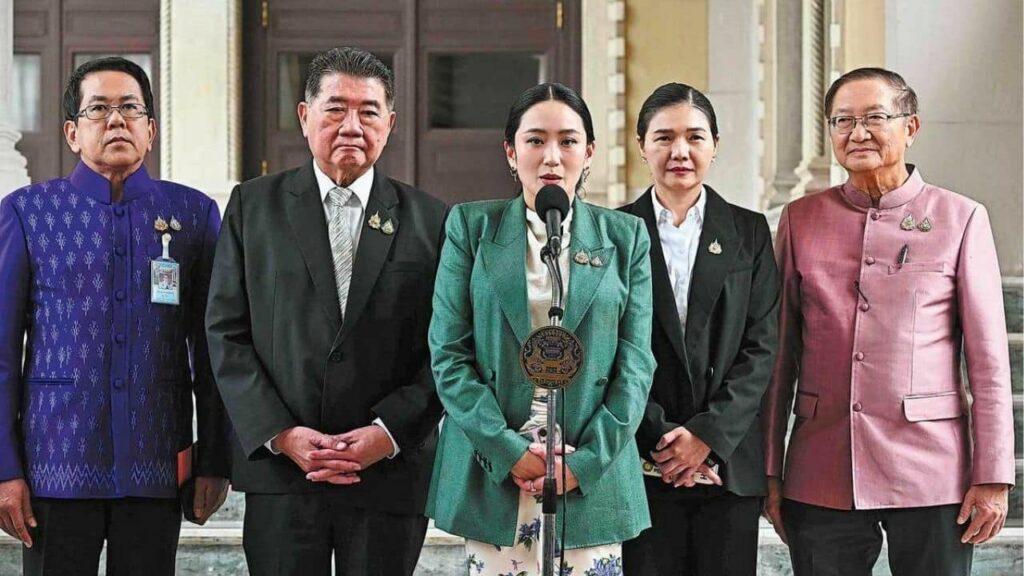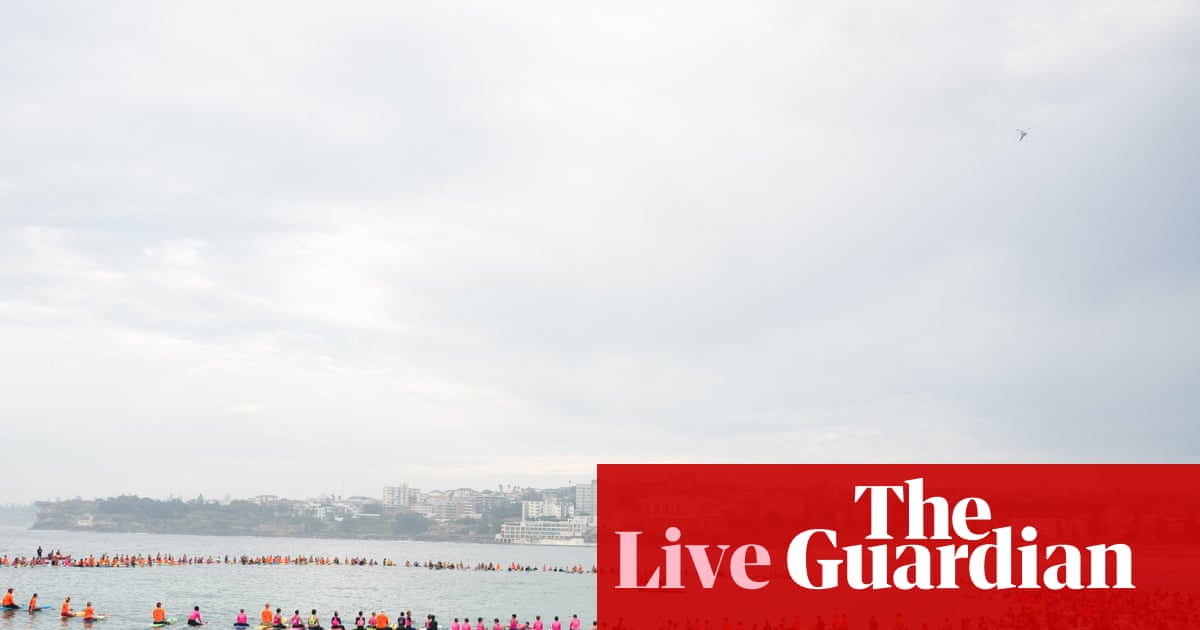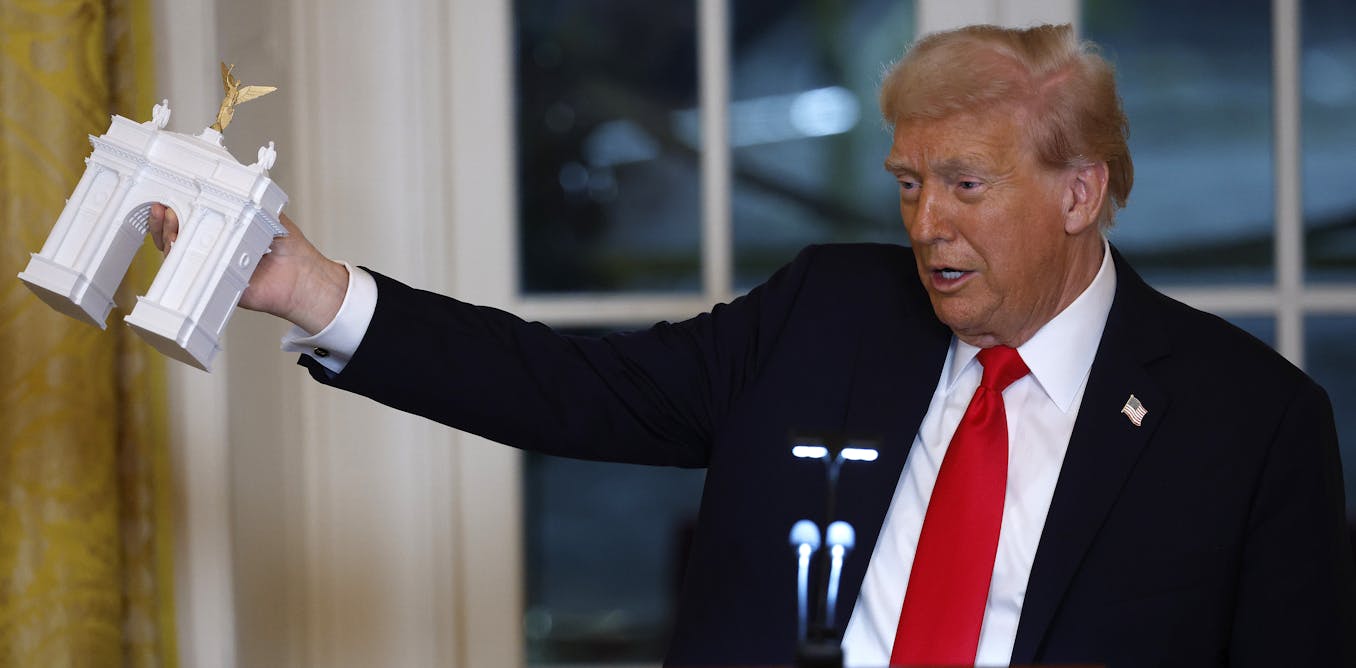
Paetongtarn Shinawatra’s temporary suspension from her duties as Prime Minister, following a decision by Thailand’s Constitutional Court, has set the stage for a potentially transformative political scenario. On July 1, the court voted 7-2 to accept a petition filed by senators seeking her removal, citing an audio clip that allegedly features a conversation between Paetongtarn and former Cambodian Prime Minister Hun Sen.
The court’s ruling effectively bars Paetongtarn from all ministerial roles, preventing her from attending the scheduled oath-taking ceremony before His Majesty King Maha Vajiralongkorn Phra Vajiraklaochaoyuhua as Minister of Culture on July 3. This decision underscores the potential for significant political upheaval in Thailand, as it raises questions about the stability of the current administration and the future of its leadership.
Constitutional Implications and Political Repercussions
Former senator Somchai Sawaengkarn has voiced concerns regarding the constitutional ramifications of the court’s decision, urging the Cabinet Secretariat to meticulously review the matter to prevent further constitutional breaches. Somchai highlighted that the senators’ petition referenced sections 160 (4) and 160 (5) of the Constitution, which address the eligibility criteria for holding ministerial positions.
These constitutional provisions have been invoked previously, notably in a petition against former Prime Minister Srettha Thavisin. They suggest that a suspension from the role of Prime Minister extends to any other ministerial positions Paetongtarn may occupy. This case exemplifies the intricate nature of Thailand’s legal system, as it draws parallels with the situation of General Prayut Chan-o-cha, who was permitted to continue serving as Minister of Defence during a legal review under Section 158 concerning his eight-year term limit.
The Controversial Audio Clip
The crux of the controversy lies in an alleged audio recording of Paetongtarn in conversation with Hun Sen. Somchai has called for the petitioner to present additional evidence within the 15-day timeframe mandated by the court. Key questions revolve around the nature of the dialogue: Was it an official discussion or a private exchange? Did it involve any inappropriate concessions regarding Thailand’s border negotiations with Cambodia?
As the legal battle escalates, Somchai hinted that if these allegations are substantiated, Paetongtarn could face permanent removal from her position. This situation not only impacts her political career but also poses broader implications for Thailand’s diplomatic relations and internal political dynamics.
Broader Political and Legal Context
Meanwhile, Associate Professor Tul Sittisomwong has submitted a letter to the Senate President, requesting a petition to the Constitutional Court for Paetongtarn’s removal from her new role as Minister of Culture. This move, reported by The Nation, adds another layer to the already complex political landscape in Thailand.
The unfolding events reflect a broader pattern of political turbulence in the country, where legal challenges and constitutional interpretations frequently intersect with governance. The current situation echoes past political crises, where legal proceedings have significantly influenced the trajectory of Thailand’s political landscape.
Future Implications and Next Steps
The implications of Paetongtarn’s suspension are far-reaching. Should the court uphold the suspension and proceed with her removal, it could set a precedent for future cases involving ministerial eligibility and the interpretation of constitutional provisions. The outcome of this legal battle could also influence Thailand’s political alliances and its approach to international diplomacy, particularly with neighboring Cambodia.
As the situation develops, all eyes will be on the Constitutional Court’s next moves and the evidence presented by the petitioners. The political community and the public await further developments, which could reshape the country’s political landscape and governance structures.
The coming weeks will be crucial in determining the future of Paetongtarn Shinawatra’s political career and the stability of Thailand’s current administration. Observers will be closely monitoring the situation as it unfolds, anticipating the potential for significant shifts in the nation’s political dynamics.






